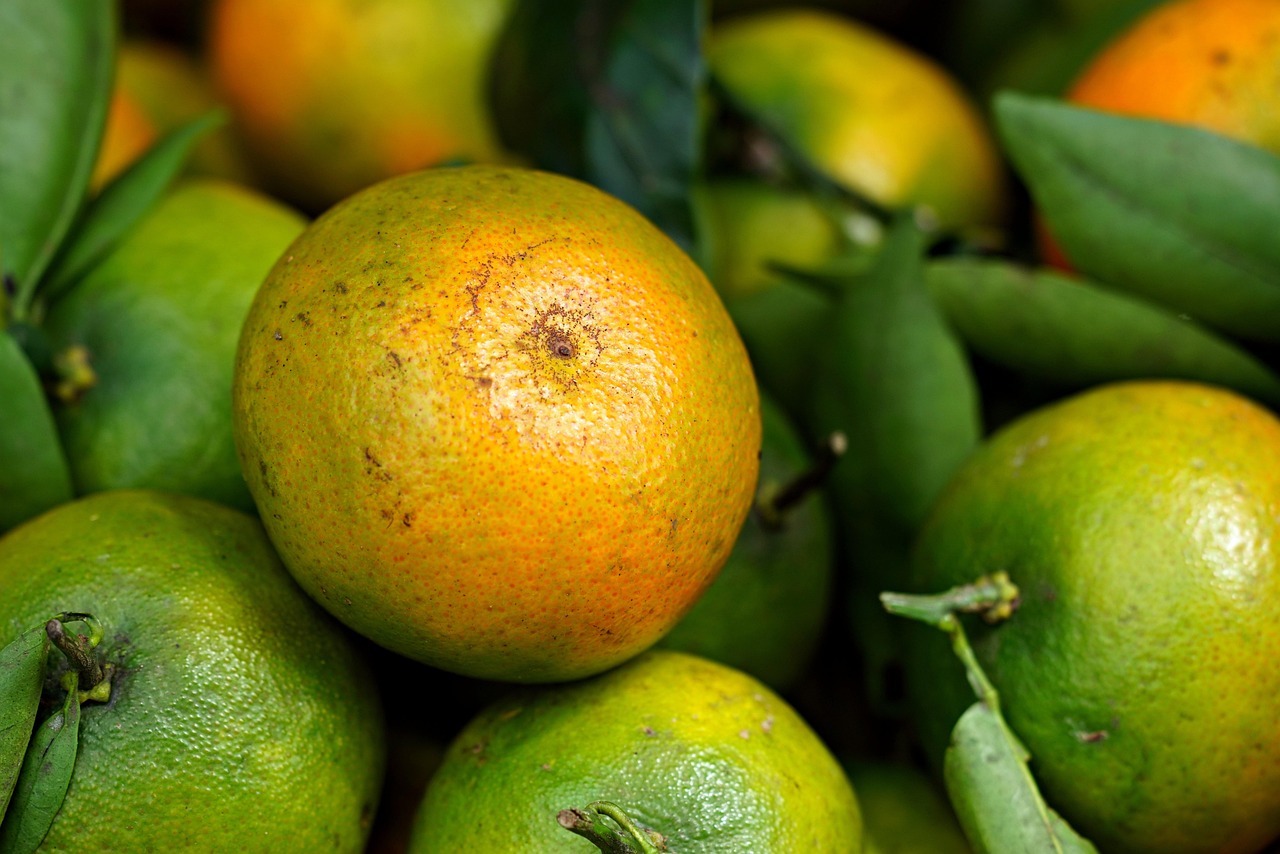The vegan diet has gained immense popularity in recent years, not only as a lifestyle choice but as a means to promote personal health, environmental sustainability, and animal welfare. With a growing number of people shifting away from traditional meat-centric diets, it’s essential to understand the benefits, challenges, and practicalities of adopting a vegan lifestyle. This blog post will explore the various aspects of a vegan diet, including its definition, health benefits, nutritional considerations, meal planning strategies, and its social implications.
Understanding the Vegan Diet
What is a Vegan Diet?
A vegan diet is one that excludes all animal products, including meat, poultry, fish, dairy, eggs, and honey. Vegans rely solely on plant-based foods:
- Fruits and vegetables
- Legumes (beans, lentils, chickpeas)
- Nuts and seeds
- Whole grains (quinoa, brown rice, oats)
- Plant-based milk and meat substitutes (tofu, tempeh, seitan)
Why Choose Veganism?
People choose veganism for various reasons, including:
- Ethics: Concerns about animal cruelty and rights.
- Health: Interest in chronic disease prevention and overall wellness.
- Environmental impact: Desire to reduce carbon footprint and conserve resources.
Health Benefits of a Vegan Diet
Promoting Overall Health
A well-planned vegan diet can offer numerous health benefits:
- Lower risk of heart disease
- Reduced incidence of certain cancers
- Decreased risk of type 2 diabetes
- Weight management or weight loss
Nutrient-Rich Foods
A vegan diet is rich in:
- Fiber: Found in fruits, vegetables, and whole grains
- Antioxidants: Promote cellular health and reduce inflammation
- Vitamins and minerals: A variety of essential nutrients from plant sources
Statistics indicate that vegans tend to have lower cholesterol levels and maintain a healthier BMI compared to non-vegans.
Nutritional Considerations
Essential Nutrients to Monitor
While a vegan diet can be highly nutritious, certain nutrients require attention:
- Protein: Combine different sources like legumes and grains (e.g., rice and beans) to ensure adequate intake.
- Vitamin B12: Consider fortified foods or supplements, as B12 is mainly found in animal products.
- Iron: Include iron-rich foods like lentils, fortified cereals, and leafy greens, and pair them with vitamin C sources (e.g., citrus fruits) to enhance absorption.
- Omega-3 fatty acids: Incorporate flaxseeds, chia seeds, and walnuts.
Practical Tips for Nutritional Balance
To maintain a balanced vegan diet, consider these tips:
- Diverse meals: Rotate your food choices to cover a broad spectrum of nutrients.
- Meal prep: Prepare meals in advance to prevent impulsive eating of non-vegan options.
- Consult a nutritionist: Work with a professional to create a personalized meal plan.
Meal Planning for a Vegan Lifestyle
Creating Balanced Vegan Meals
To ensure you’re getting adequate nutrition, structure your meals with the following components:
- Protein source (e.g., lentils, tofu)
- Whole grains (e.g., quinoa, brown rice)
- Healthy fats (e.g., avocado, olive oil)
- Fruits and vegetables for vitamins and minerals
Examples of Daily Meal Plans
Here are sample meal ideas for a day on a vegan diet:
- Breakfast: Overnight oats topped with nuts and berries.
- Lunch: Quinoa salad with black beans, corn, and mixed greens.
- Dinner: Stir-fried tofu with broccoli, carrots, and brown rice.
- Snacks: Hummus with carrot sticks and a piece of fruit.
The Social Aspect of Veganism
Navigating Social Situations
Adopting a vegan lifestyle can sometimes present challenges in social settings:
- Eating Out: Research restaurants ahead of time to find vegan options.
- Family Gatherings: Offer to bring a vegan dish to share with others.
- Friend Invites: Communicate your dietary preferences with friends to avoid confusion.
Support Networks
Join online vegan communities or local groups to share experiences and resources:
- Social media platforms dedicated to veganism
- Local vegan meetups or cooking classes
- Vegan blogs and cooking channels for inspiration
Conclusion
Transitioning to a vegan diet can be a rewarding journey that positively impacts health, the environment, and animal welfare. By understanding the core principles of veganism, monitoring essential nutrients, and planning balanced meals, individuals can thrive on a plant-based diet. Remember, it’s also important to cultivate a supportive community to navigate the social aspects of this lifestyle. With commitment and creativity, a vegan diet can be not just nutritious but also delicious and satisfying.






